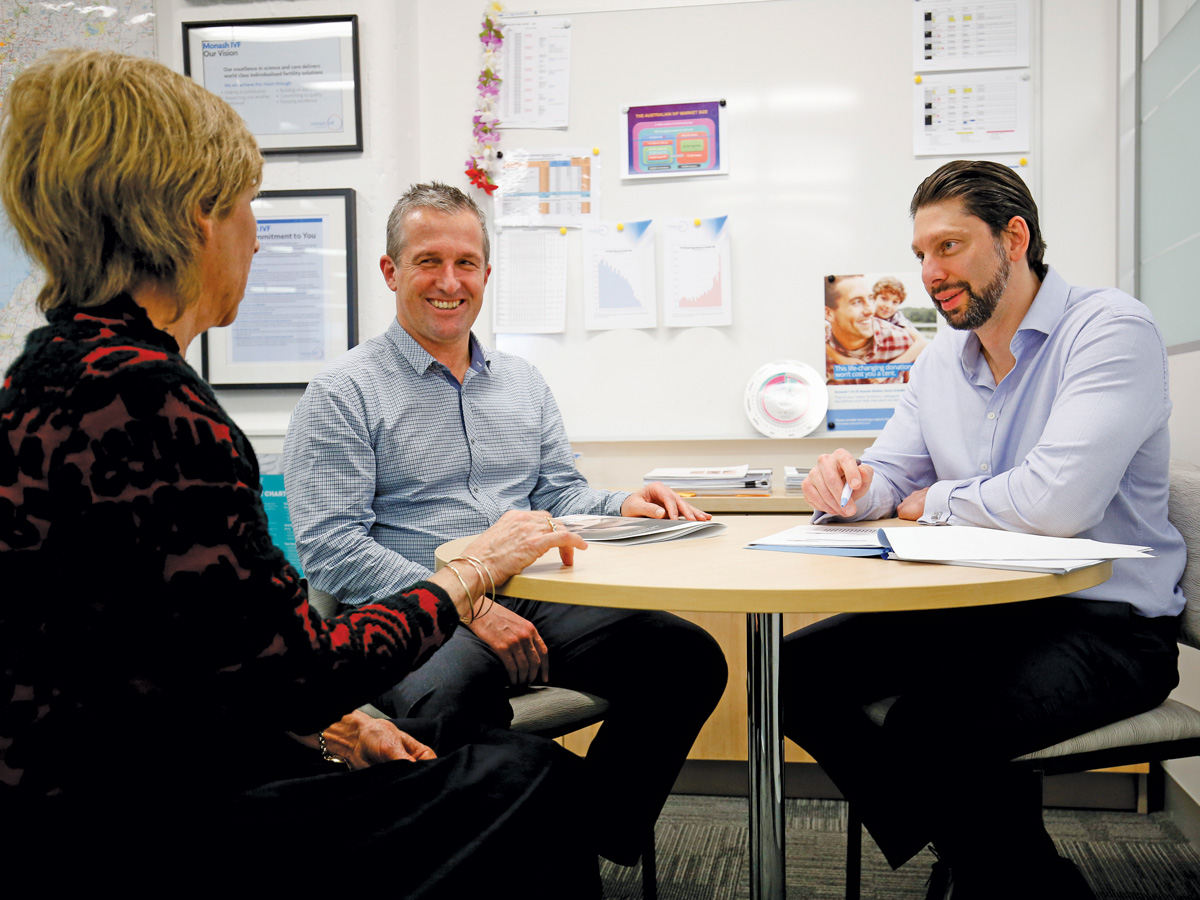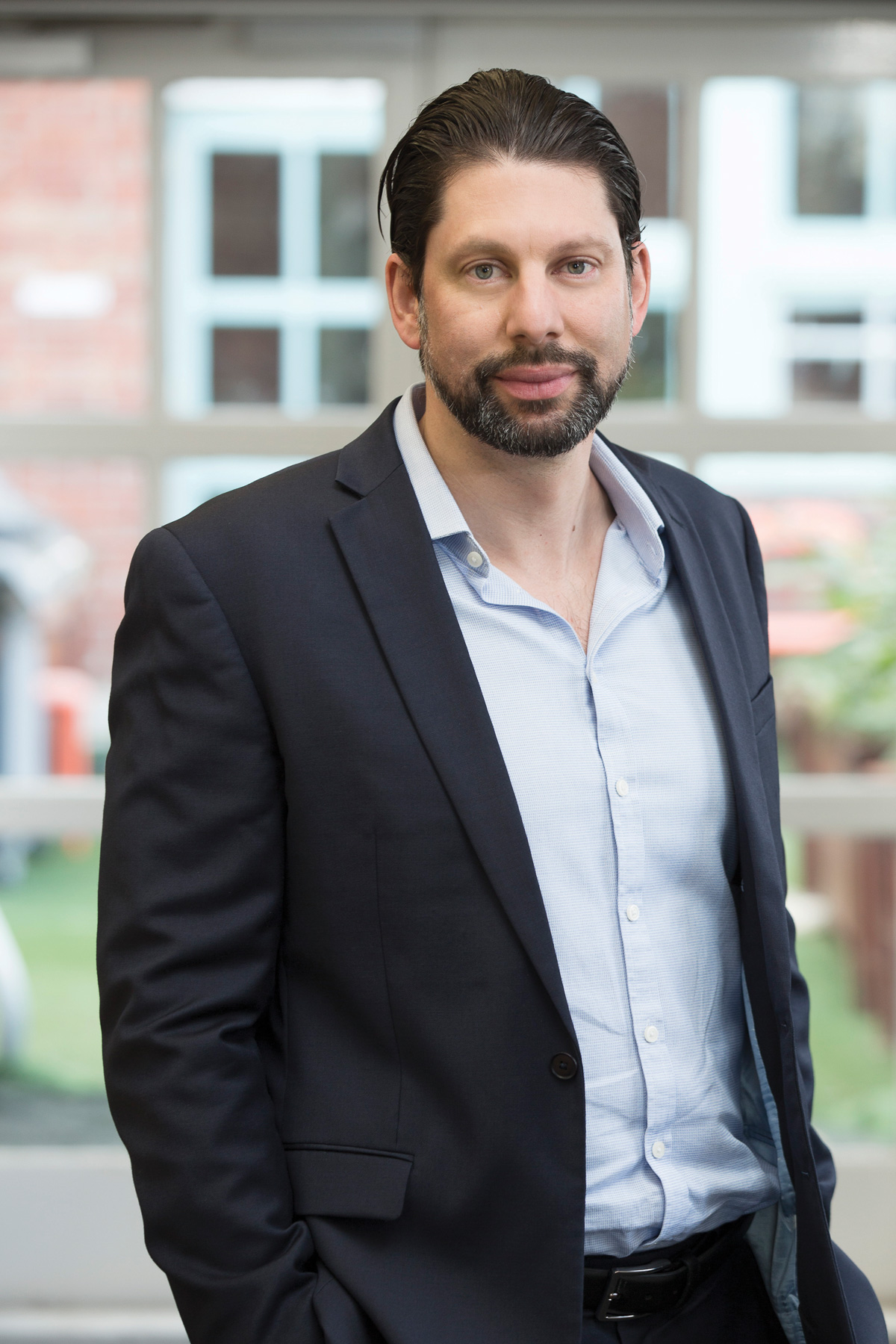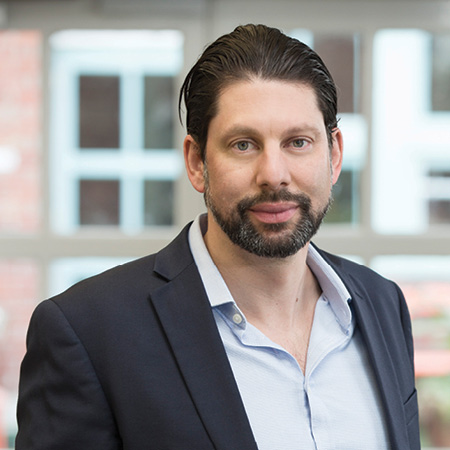I’ve always worked in healthcare, ever since I finished university,” says James Thiedeman, CEO of Monash IVF Group Limited. “I worked for Queensland Health for the first part of my career, which was a really great introduction to some of the challenges of overseeing a very large network of public hospital services. The role I was involved in was focused on improving funding mechanisms for Queensland public hospitals.”
Through his time at Queensland Health, James had the opportunity to move into working on a project that looked at shifting some public hospital services to be contracted with private hospitals. He met many private hospital players through that project.
“That led to me being offered a job with what was, at the time, Australia’s largest operator of private hospitals, a group called Health Care of Australia which became Mayne Health, and ultimately Ramsay Health Care,” James says. “I looked after their funding arrangements with private health insurers for several years.”
But James became a little too entrenched in the role, and his colleagues noticed. “My boss at the time said to me after a few years in that role, ‘You’ve become a little bit too much of a corporate lizard, so we need to get you out into health service delivery land’.”
This was a win for James, who ended up running hospitals on Queensland’s Sunshine Coast. “I had the pleasure of running Noosa Private Hospital for about four or five years,” he says. “I had a very enjoyable time in that role. Then in 2009, I had a tap on the shoulder to come and run Monash IVF Group.”
First successful in-vitro fertilisation (IVF) pregnancy
Monash IVF Group, which James has been with for almost seven years now, works in the development and delivery of assisted reproductive technologies (ART) and tertiary-level prenatal diagnostics. It was the first in the world to achieve an in-vitro fertilisation (IVF) pregnancy, in 1973. The company also supports the R&D into the expansion of reproductive medicine and ultrasound, and has helped to deliver more than 35,000 babies.

I love the buzz of coming to work, knowing that I’m working with such a passionate group of people.
“I’m always amazed by the pace at which technological treatments, improvements, and enhancements find their way into healthcare,” James says. “Whether it be from new drug or pharmacological agents, or genetic screening innovations to identify embryos that may carry a genetic condition. This technology reduces the risk so we don’t transfer an embryo with that condition to the mum when she goes through the IVF process.”
Promoting patient awareness and education
Over his time in the health industry, James has also seen incredible advancements in patient awareness and education, as well as the information that is available to patients before they go to visit a doctor, which can help them in selecting a treatment.
“This notion of patient sovereignty is gaining more momentum as more information is available to patients, which I think is a great thing,” he says. Looking back over his seven years so far, James can point out many proud moments for the company, and himself as its leader. This includes celebrating the fortieth anniversary of the organisation, and the anniversary of the first successful IVF pregnancy.
Taking the company public
“From a personal viewpoint, it was very exciting to take the company public, when we listed on the Australian Stock Exchange in June 2014,” James says. “That was an exciting milestone, both for me personally and the company.”

More recently, he led the move to acquire new assets and operations for the company. “We have moved and grown our services into women’s ultrasound, with the acquisition of Sydney Ultrasound for Women, in 2015,” he says, going on to point out that it was a great opportunity to broaden the group’s services beyond fertility care and assisted reproductive care.
Going global
James sees further growth as a practical next step for the company, and not only within Australia. A key acquisition for Monash IVF Group has been the first foray internationally. “We see ourselves continuing to grow here domestically, but there are great opportunities to extend our reach beyond Australia,” he says. “About three years ago we acquired a clinic in Kuala Lumpur, Malaysia, and that’s been an excellent addition to the family.”
Beyond this first overseas clinic, James recognises South East Asia and China as burgeoning markets with a growing middle class. These people are able to afford the high-quality healthcare of which IVF service is a part, and the company is eager to fulfil that need. “We’re seeing similar demographic trends in those countries as in Australia about twenty years ago, where people are leaving having children to later in life because they are staying in the education system longer, or they’re staying in the workforce longer,” he notes. “That’s driving an increased demand for fertility care and assisted services.”
For James, it all comes down to how much he enjoys the job, and he says that he and his 600 employees operate much like a family. Through working together across all departments, his company is able to deliver excellent results: “That’s the DNA of the organisation,” he says.
“I love the buzz of coming to work, knowing that I’m working with such a passionate group of people. At the end of the day we’re focused on helping patients achieve the dream of having a family, and that’s special. I don’t think there are many organisations that can have such a profound effect on people. I’m a very lucky individual.”



